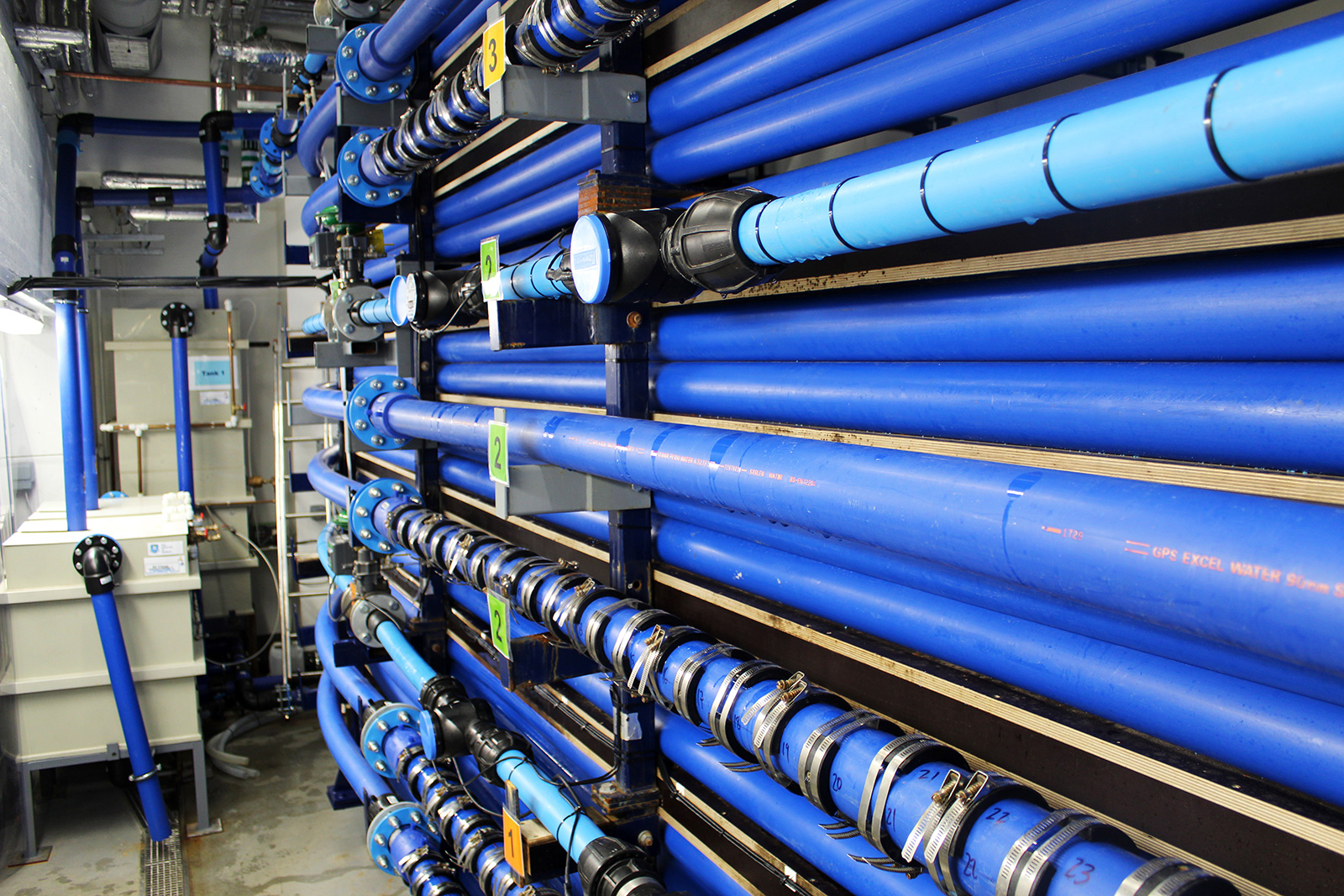BLOG
Musings on the Value of a Good Research Visit
Share this article
In this blog TWENTY65's Managing Director Vanessa Speight reflects on her recent research visit to KWR in the Netherlands and highlights the value and importance of collaborative working and knowledge sharing.
Author: Vanessa Speight
Senior Research Fellow, Managing Director of TWENTY65, Department of Civil and Structural Engineering, University of Sheffield
I have been spending a few weeks on a research visit at KWR (www.kwrwater.nl) in the Netherlands, a country renowned for its water engineering and water-aware citizens, thanks to funding from the EU MCSA RISE programme under the Wat-Qual project (https://www.sheffield.ac.uk/civil/wat-qual) and TWENTY65 (www.twenty65.ac.uk). KWR is a unique entity, an international research institute jointly owned (but not for profit) by the water companies in the Netherlands to carry out research of mutual interest, funded by a charge for each customer connection along with external research and consultancy activities. Its 170 staff and beautiful green building form a research hub of water expertise that is difficult to match, especially given their ready access to real-world data and active project co-creation with the water companies. It has been interesting to observe how having a central facility makes it a convenient place for meetings of all types – most days here I have run into a water researcher from somewhere around the world.
My research visit has broadly been to share experiences on managing drinking water quality with partners from the international Wat-Qual consortium, who come from 18 different partner institutions across 11 countries. All European countries must comply with the Drinking Water Directive, which specifies end-point water quality outcomes. Yet there are many different practices used to meet those regulations in terms of water system design, operation and maintenance in use, many of which have their roots in regional context, tradition (‘that’s how we have always done it’), and rule of thumb. For example, some Dutch water companies require a 12-hour waiting time after a pipe repair before sampling for microbiological parameters (and those samples need to be clear before the pipe is released back into service). Other companies require a 24-hour waiting time. A study by KWR showed little difference between immediate, 12, and 24 hour sampling results. But during the study it was revealed that the waiting time, now enshrined in standard operating procedure, was driven by the laboratory opening hours – an afternoon or evening repair did not allow enough time to get the samples back to the lab for analysis. Only in the explaining of this practice to someone else was the root cause revealed.
A mindset of continuous improvement requires that you are questioning everything and this visit has demonstrated that sharing with peers from other parts of the world is an excellent way to do that. Having an institution like KWR which serves as a meeting place allows this to happen more easily. Not discounting the research outcomes that the Wat-Qual project and its research visits have delivered, I am more surprised by the intangible ones: a taste of life in a different culture, students with access to water company data to make their research come to life, a new job for a graduated PhD student in a new country, sparking enthusiasm in the next generation of water professionals, and a fresh perspective on problems. It really is energising and productive to go work in someone else’s office for awhile. I highly recommend it.
